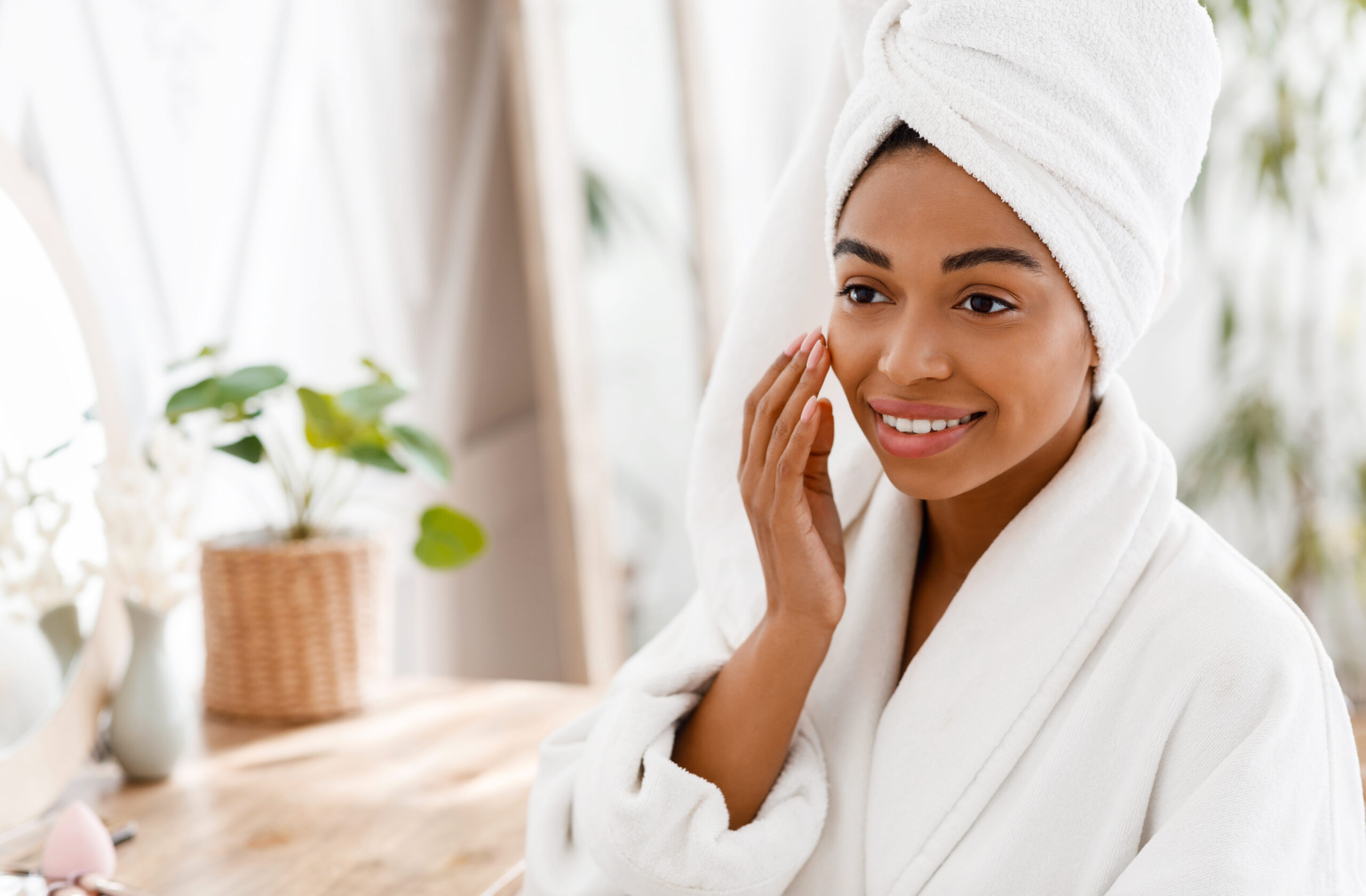Table of Contents

Science reveals that the habits you practice daily can transform both your health and appearance, without expensive products or invasive procedures.
At a Glance
- Consistent sleep (7-9 hours nightly) significantly improves skin health and perceived attractiveness
- Proper hydration enhances skin elasticity and reduces wrinkle depth
- Strength training improves posture, muscle tone, and even facial definition
- Reducing ultra-processed foods and alcohol can reverse premature aging signs
- Mind-body practices like yoga and meditation reduce stress-related skin conditions
Sleep: The Foundation of Beauty
Quality sleep may be the most powerful beauty treatment available, yet it's often overlooked. Research consistently shows that inadequate sleep (less than 7 hours) negatively impacts skin integrity and how attractive others perceive you. During deep sleep, your body increases blood flow to the skin, rebuilds collagen, repairs UV damage, and balances hydration. The result is more vibrant skin, reduced under-eye circles, and fewer fine lines. Adults should aim for 7-9 hours of uninterrupted sleep in a cool, dark room to maximize these regenerative processes.
Creating a consistent bedtime routine signals your body to prepare for restorative sleep. This might include avoiding screens one hour before bed, engaging in gentle stretching, or practicing brief meditation. Sleep experts also recommend maintaining consistent sleep and wake times, even on weekends, to regulate your body's natural circadian rhythm. This consistency helps optimize hormones that affect everything from skin health to muscle recovery and weight management.
Hydration and Nutrition: Beauty From Within
The link between hydration and appearance is scientifically established. Studies show that increasing daily water intake improves skin hydration, elasticity, and reduces wrinkle depth. Aim for at least 8 glasses daily, more if you're active or in dry climates. Equally important is what you eat. Ultra-processed foods high in refined carbohydrates and unhealthy fats trigger inflammation that accelerates aging and worsens skin conditions like acne, eczema, and rosacea.
Focus on a diet rich in colorful vegetables, lean proteins, and foods containing omega-3 fatty acids. These provide essential nutrients that support collagen production, reduce inflammation, and promote a balanced gut microbiome. Probiotic-rich foods like yogurt, kefir, and fermented vegetables help maintain this delicate balance. The gut-skin connection is so strong that dermatologists now routinely recommend dietary changes alongside traditional skin treatments for conditions ranging from acne to rosacea.
— Peter McGraw (@PeterMcGraw) March 4, 2024
Movement for Beauty and Health
Regular physical activity delivers powerful beauty benefits through multiple mechanisms. Strength training particularly stands out for its ability to improve posture, tone muscles, and even enhance facial definition. As muscle mass increases, it creates a more defined structure that contributes to a youthful appearance. Additionally, exercise increases blood circulation, delivering vital nutrients to skin cells while removing waste products that can dull complexion.
Incorporate both cardiovascular exercise and strength training into your routine for optimal results. Even modest activity like a 30-minute daily walk produces noticeable benefits. The post-exercise "glow" isn't just temporary—consistent exercise leads to lasting improvements in skin texture and tone. Remember to cleanse your face after sweating to prevent pore congestion, and always apply sunscreen before outdoor activities to protect against UV damage that accelerates aging.
Skin Protection and Care
Daily sunscreen use remains one of the most evidence-backed habits for maintaining youthful skin. Studies demonstrate that regular application of broad-spectrum SPF 30+ sunscreen significantly improves skin clarity, reduces visible aging, and prevents skin cancer. Make sunscreen application as routine as brushing your teeth, even on cloudy days or when spending minimal time outdoors. UV damage accumulates over time, and prevention is far more effective than attempting to reverse damage later.
Develop a consistent skincare routine tailored to your skin type. This typically includes gentle cleansing, moisturizing, and targeted treatments for specific concerns. Avoid harsh scrubbing, which can irritate skin and worsen conditions like acne and rosacea. Dermatologists recommend focusing on quality ingredients rather than quantity of products. Ingredients with strong scientific support include retinoids for cell turnover, vitamin C for brightening and protection, and hyaluronic acid for hydration.
Stress Management and Mental Wellbeing
The mind-body connection powerfully influences appearance. Chronic stress triggers hormonal changes that can lead to acne breakouts, accelerated aging, and flare-ups of conditions like eczema and psoriasis. Mind-body practices such as meditation, yoga, and tai chi have been shown to reduce stress hormones and inflammation markers in the body. Even brief daily practices of 10-15 minutes can yield noticeable improvements in skin appearance and overall vitality.
Social connections also contribute significantly to health and appearance. Research shows that people with strong social ties experience less stress, recover from illness faster, and often appear more vibrant and youthful than socially isolated individuals. Make time for meaningful connections with friends and family as part of your wellness routine. The laughter, support, and sense of belonging that come from these relationships create a glow that no product can replicate.
Sources:
https://draxe.com/health/healthy-habits/
https://www.aad.org/public/everyday-care/skin-care-secrets/routine/healthier-looking-skin
